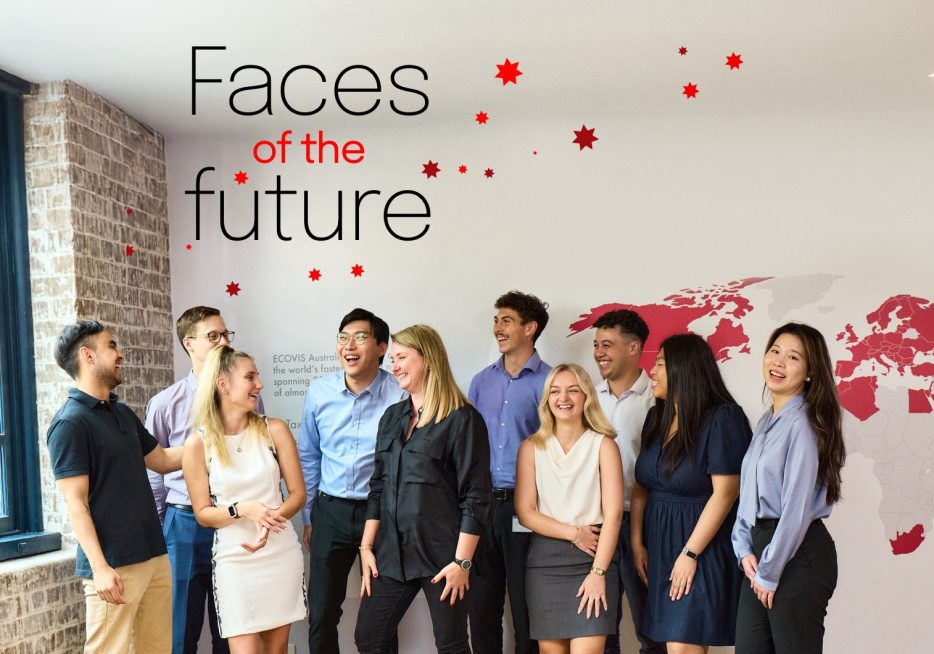Having passionate young professionals on the team is proving a powerful differentiator for Ecovis director Elissa Lippiatt.


Video
Amid a tight labour market, the shortfall in accountants is acute. But firms aren’t taking that lying down.

The Australian Bureau of Statistics has forecast that Australia will require 338,362 accountants by 2026. That’s almost 10,000 extra accountants a year.
The result is a highly challenging environment in which to source talent – with little sign of that changing.
At the height of COVID, it meant accounting firms were forced to choose availability over fit, says PKF Melbourne Managing Partner Timothy Bow. This meant you weren’t necessarily hiring people with the outlook you wanted. As he says, “Experience and fundamental knowledge are always important, but you can cover that gap far more easily than you can the wrong culture, the wrong ambition, the wrong motivation.”
While the situation has eased somewhat, engaging staff is still problematic. Accountants with four years experience (one of the “sweet spots” in recruitment, where people will become incredibly valuable, Bow says) are in very short supply.
It’s one reason why firms are keen to source graduates. While lateral hires can be successful, “that’s proving more and more difficult,” according to Bow.
So is retention. “You expect people to move; it’s the nature of the current workforce,” Bow says.
PKF has responded in several ways. After the lengthy Melbourne lockdowns, it formed a volunteer group of employees – primarily aged under 30 – who wanted to be involved in the decision-making around what their day-to-day looked like.
“That group’s been fantastic,” Bow says, explaining that they had input into a range of decisions, including outfitting their new office.
PKF is also helping staff to envision their career pathway – keeping in mind that today’s young accountants won’t necessarily take this for granted. “In the last few years, we’ve completely overhauled our entire process, from early education for relatively junior staff all the way through to our final course that’s a path into our partnership,” Bow explains.
The additional benefit here is that it brings together cohorts of people at a similar level who progress together at the same time. A win-win.
Another answer might be in the new areas of business that accounting – and increasingly law firms – are moving into. As Bow notes, there’s increasing pressure to provide services that are outside traditional accounting fields.
Clients are looking for help with new issues like ESG compliance and cyber risks. That requires a whole new skill set. “We’re hiring data scientists, climate engineers – areas that are so far removed from an accountant,” Bow says. “They bring with them innovation from their fields that we pick up on.”
One way to gain access to these people is to join forces with other firms, something PKF is pursuing.
“We’re looking at, say, an ESG advisory firm that’s similar in scale to us, playing in a similar market, that’s attracting similar clients,” Bow says.
That firm can offer PKF its expertise and PKF, in turn, can offer it access to its extensive client data base. As Bow notes, “the one thing accounting firms have always had is a wonderful client base”.
© National Australia Bank Limited. ABN 12 004 044 937 AFSL and Australian Credit Licence 230686.